You might not have heard the phrase “perfection fatigue,” but we’ve all experienced it. For decades, many brands have contributed to unrealistic beauty standards through the use of overly retouched photos, but fortunately, in the last few years, the tables have turned. Customers are speaking out about airbrushing and demanding more inclusive marketing—and companies are finally listening.
In 2018, for example, SPKTRM Beauty set the bar by banning skin retouching in their ads, while also getting rid of the phrase “anti-aging.” The retail company Missguided launched their #InYourOwnSkin campaign, featuring models with scars, psoriasis, birthmarks, and rare skin conditions. Justin Bieber famously posted a video on Instagram with the caption “Pimples are in.”
CVS said they’d require brands to disclose when beauty ads had been altered. That same year, Dove launched a “No Digital Distortion Mark” to discourage the altering of images, including the retouching of wrinkles and cellulite. In early 2020, Olay announced that by 2021, it would no longer run ads with retouched skin.
Of course, Rihanna’s brand Fenty Beauty has been a trailblazer in this space; in 2019, the brand went viral after choosing not to retouch a model’s facial scars. They also offer 40 foundation shades, setting the gold standard for inclusive beauty. And they’re not the only ones: Cover FX also offers 40 foundation shades, while MAC has 35, and Anastasia Beverly Hills offers 30.
Meanwhile, motivated by the fact that 80% of mothers in the UK compare their bodies to “unrealistic ideals,” the UK parenting company Mothercare released an ad celebrating mothers and their stretch marks. And then there’s the razor brand Billie, which features real body hair in its advertisements (no air-brushed legs in sight). Gucci also made a splash when releasing their new lipstick collection, featuring a model with “perfectly imperfect” teeth.
Other brands, like Bodyform, have made their marketing more realistic by portraying period blood as red, not the traditional blue. More companies selling sanitary pads have since changed their advertising to follow suit. Whether it’s wrinkles, body hair, or acne, this ongoing sea of change and collective push for authenticity in advertising represents fertile ground for commercial photographers who want to appeal to a shifting contemporary market.
By the start of 2020, The Getty Images Creative Insights Team had named “realness” as a driving force in commercial images. After years of “perfection fatigue,” today’s customers crave transparency and honesty from the brands they support; that can mean using products that align with their values and goals, and it can also mean supporting brands that show their commitment to inclusivity through their ad campaigns.
Since 2019, Getty Images, Dove, and Girlgaze have helped empower brands and consumers through Project #ShowUs, a collection of images portraying real women, female?identifying, and non?binary people. The photographers behind the images have collaborated with people who feel passionately about disrupting harmful beauty ideals, while working to make their voices heard. 500px Licensing Contributors from around the world have also joined the project through photographs of themselves and their communities.
When creating these kinds of images, a natural, documentary-style aesthetic often works better than staging or posing. By highlighting authentic stories, and centering stories that marketers often overlook, photographers can help inspire change while also creating images that resonate.
“Showing people of all ages, ethnicities, sizes, skin types, and abilities actively engaging in everyday activities makes for great authentic commercial content,” the 500px team tells us. “Show how real people look, and show how they live their lives. Capture moments of empowerment and confidence.” You don’t need a huge budget to shoot these kinds of lifestyle shoots; a day with friends and family can make for a relatable, representative set of images.
A decade ago, a report from the Sun UK revealed that the majority of beauty ads were retouched; some had disclaimers, but many did not. Luckily, we’ve made progress in the last ten years. Today’s brands are stepping away from the editing tools and embracing the unfiltered aesthetic, so we recommend taking a cue from SPKTRM Beauty: steer clear of overly retouched skin, and center and celebrate models who represent the diversity of human beauty. If removing wrinkles and blemishes can promote unrealistic ideas, leaving them in can help you to capture what’s uniquely special about your model.
The skin and body positivity movements often go hand-in-hand with conversations about diversity, inclusion, and equality—all values that are becoming increasingly important to consumers. Mintel’s recently-released global Consumer Trends 2021 report has named “Collective Empowerment” as one of the most important topics of the year, with 20% of UK consumers saying they often shop with a retailer that supports a cause they believe in and 47% of Brazilian consumers saying they are prepared to boycott companies that behave unethically.
There’s evidence to suggest that empowering consumers helps leave a lasting impression. A few years ago, research from YouTube found that women ages 18-34 are twice as likely to think highly of a brand that made an empowering ad; on top of that, they were 80% more likely to like, share, comment, or subscribe after watching one.
A 2017 study from Facebook IQ revealed that 48% of men and women surveyed said that they feel more loyal towards a brand when it promotes gender equality. Beyond that, 75% of women said they believe the most important thing brands can do to promote gender equality is to stop portraying women as sex symbols. Their takeaway was simple: “Amp up empowerment.”
To boost the discoverability of your images, add keywords that speak to these enduring ideas. “When submitting your content to Licensing through 500px, you’re able to apply metadata, creating context and making your photo appear in searches relating to realness,” the team at 500px explains.
“Including keywords like ‘realness’, ‘authenticity’, ‘representation’, ‘inclusivity’, ‘real skin’, and ‘identity’ allows you to bring abstract concepts and connect them to your photography.” These are all terms to include in your description and title as well. Consider asking your models to help keyword your images; the more authorship they can have over how they’re represented, the more empowering the shoot will feel.
Research from Getty Images reveals that only 14% of people feel represented in advertising. We have a long way to go until everyone feels seen and heard, but photographers have the power to get us that much closer, so keep these themes in the back of your mind during your next shoot.
Not on 500px yet? Click here to learn about Licensing with 500px.

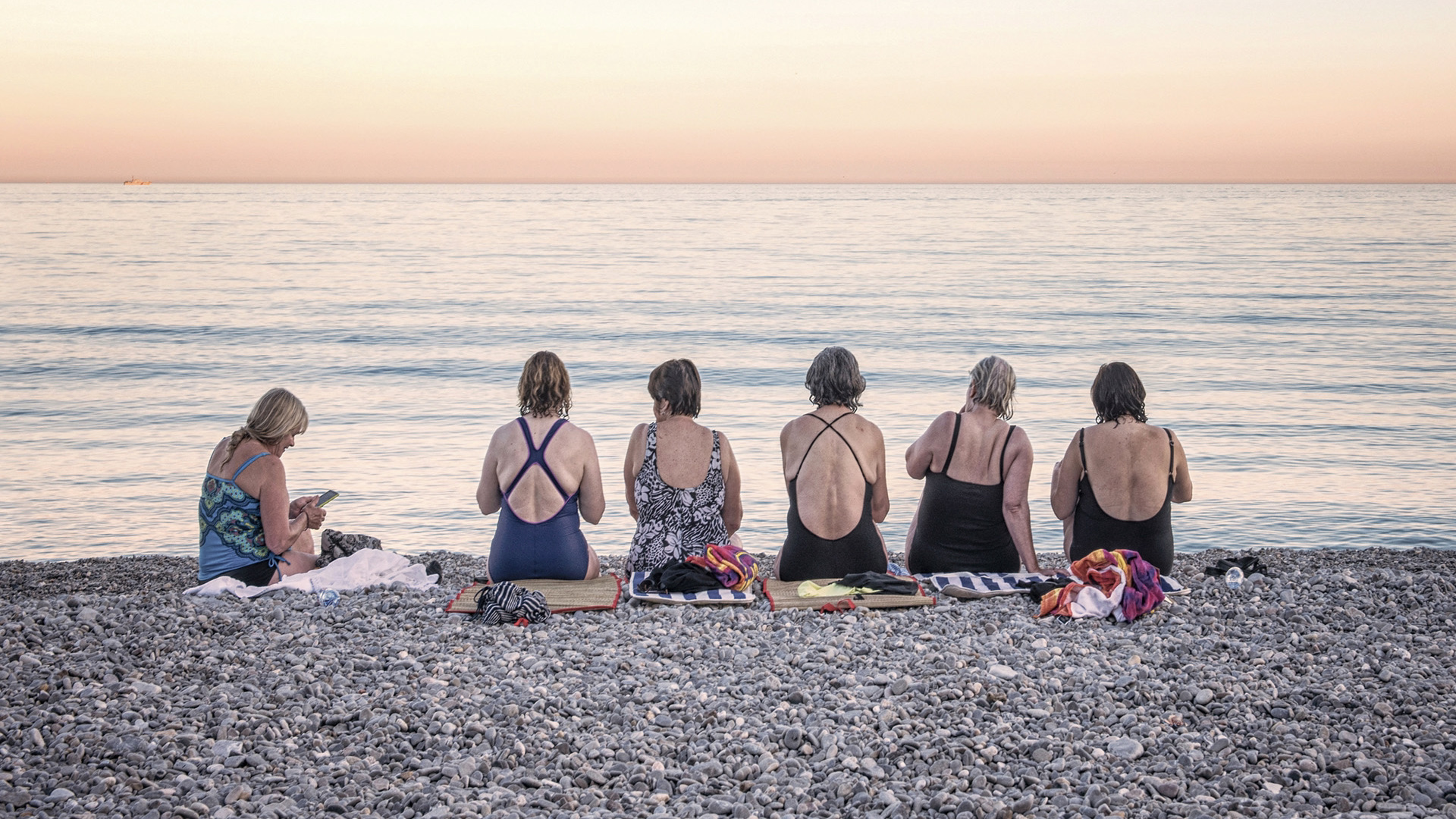
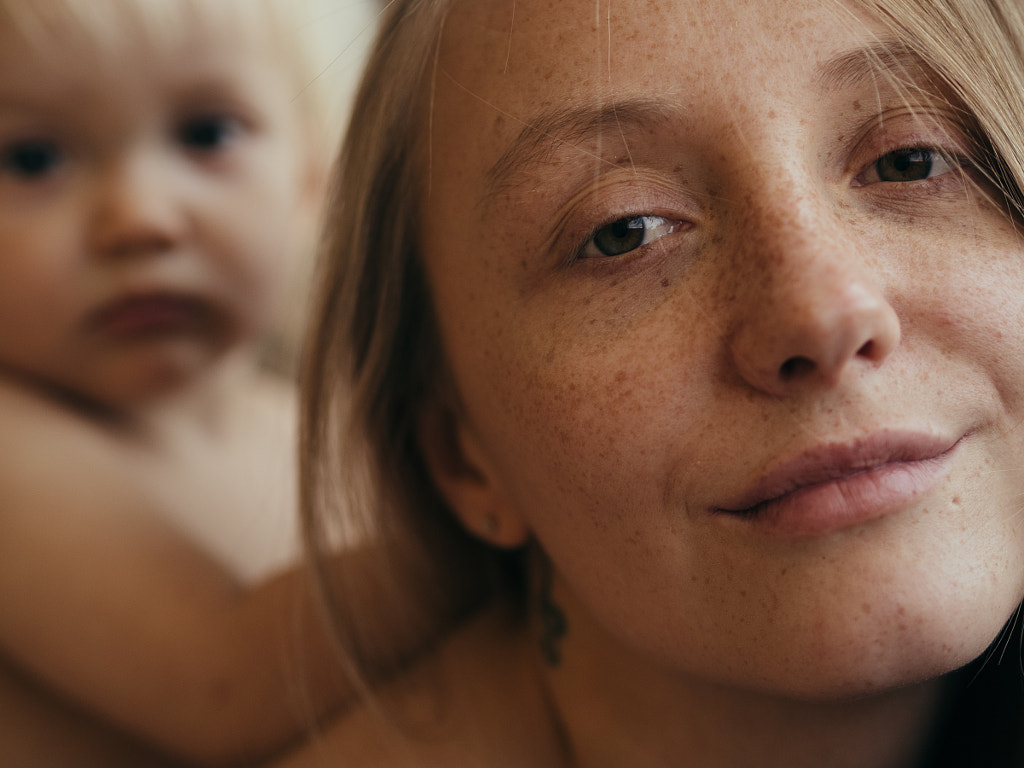
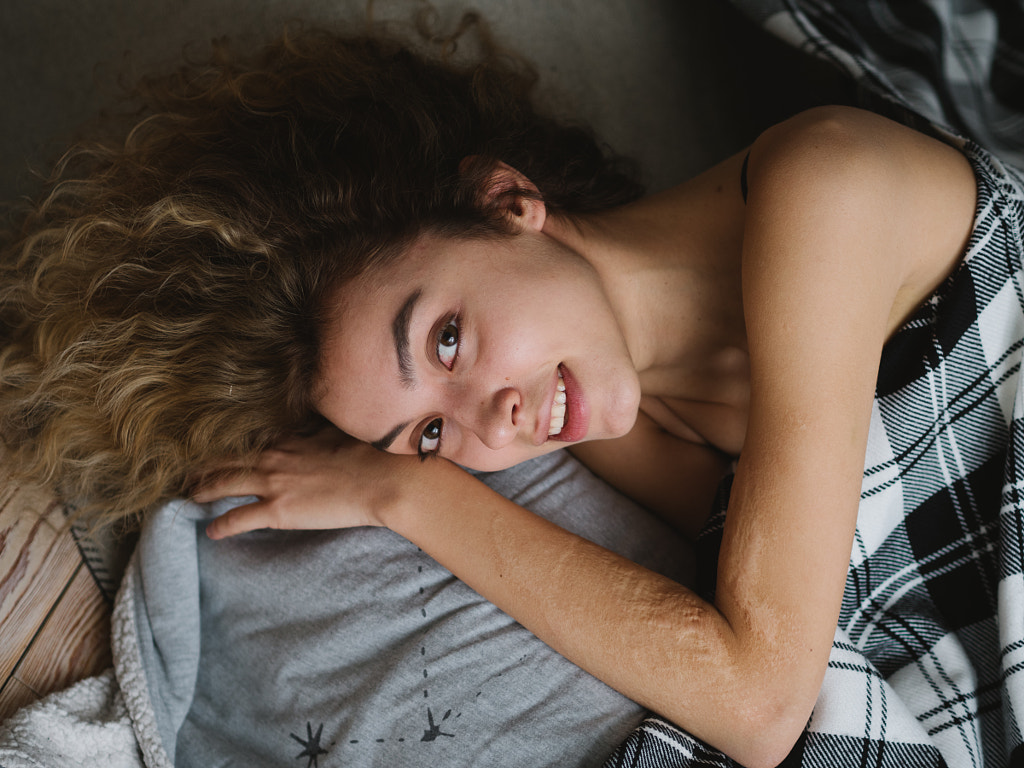
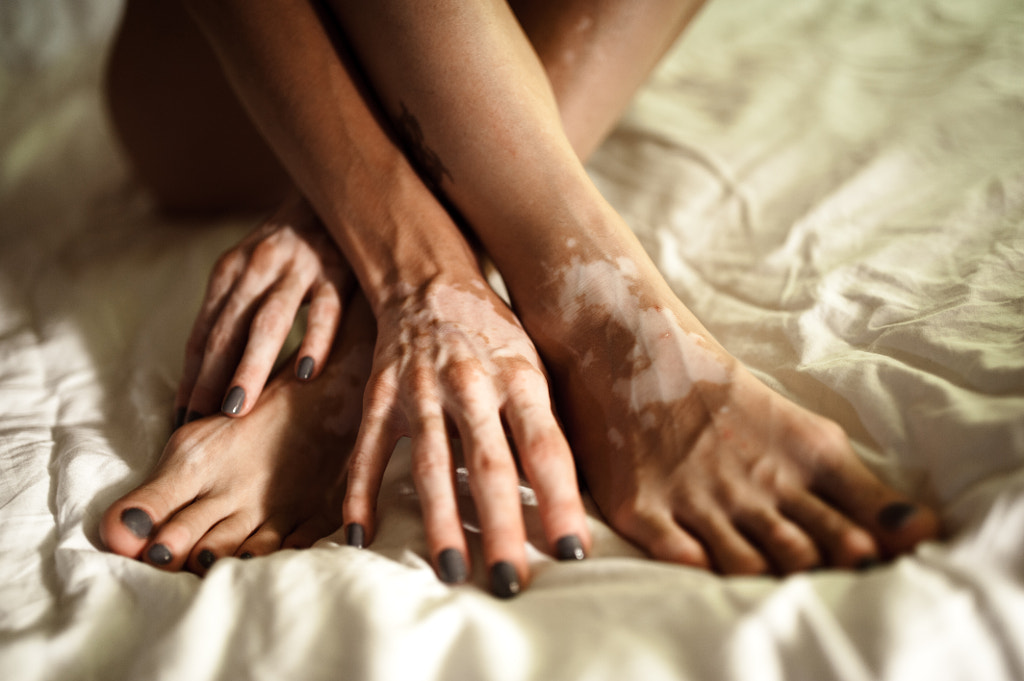
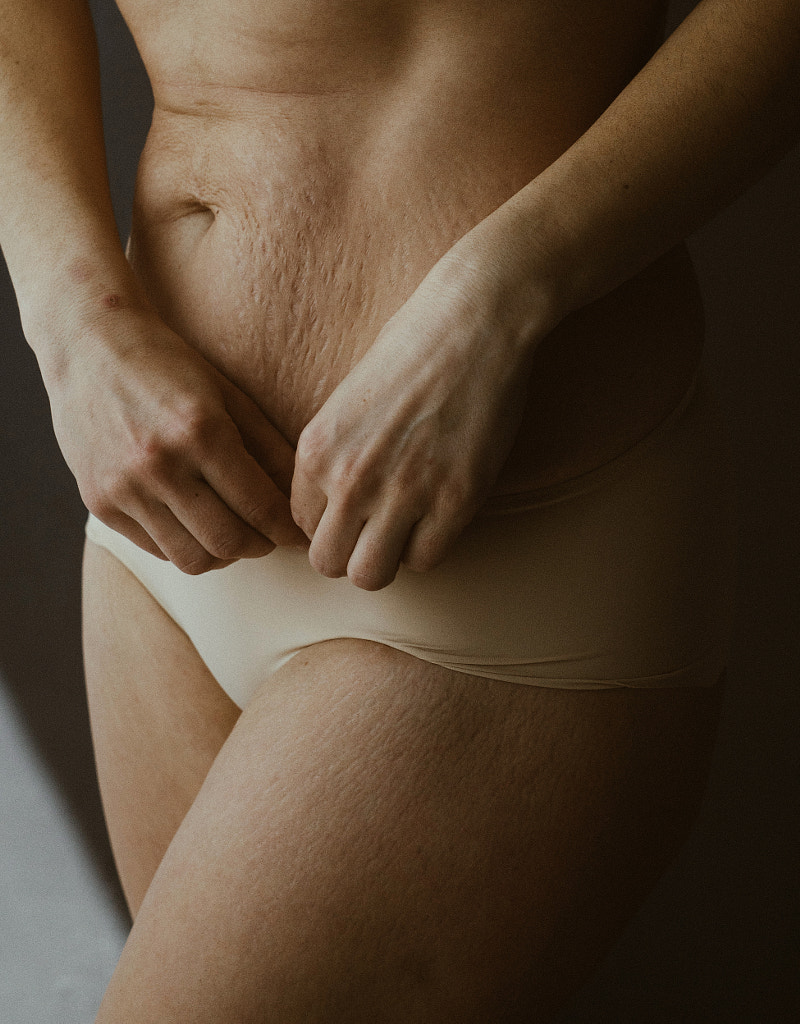
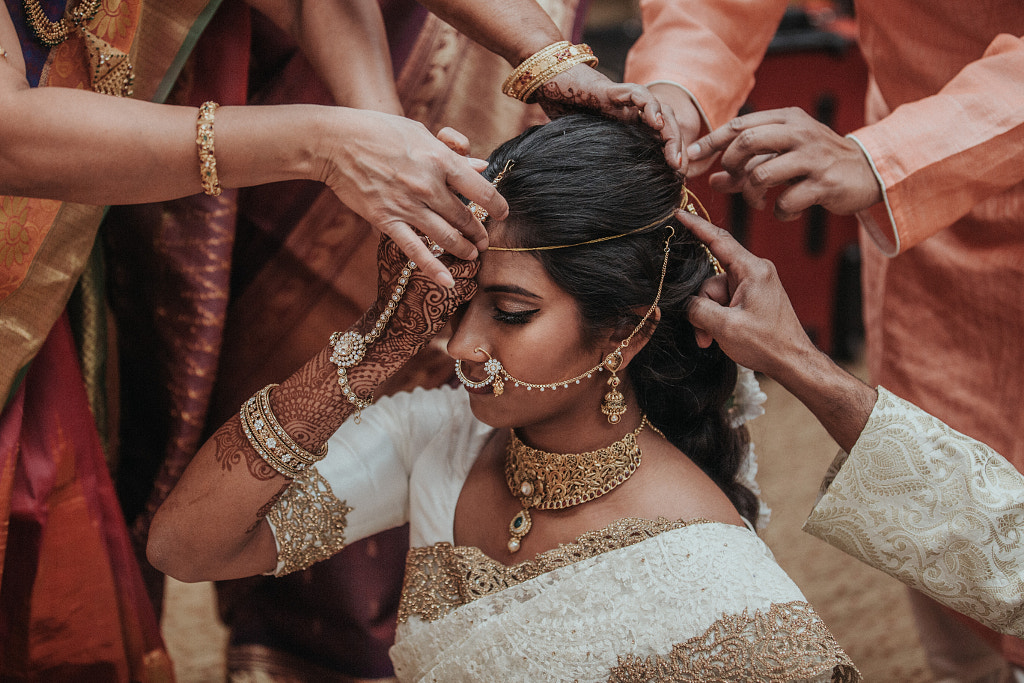
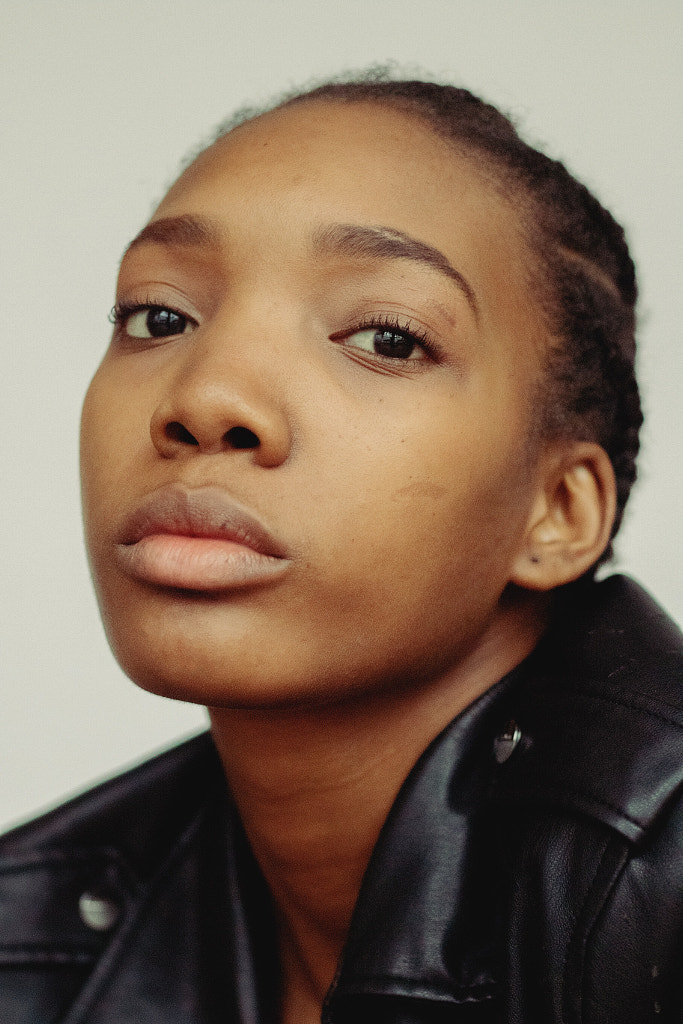
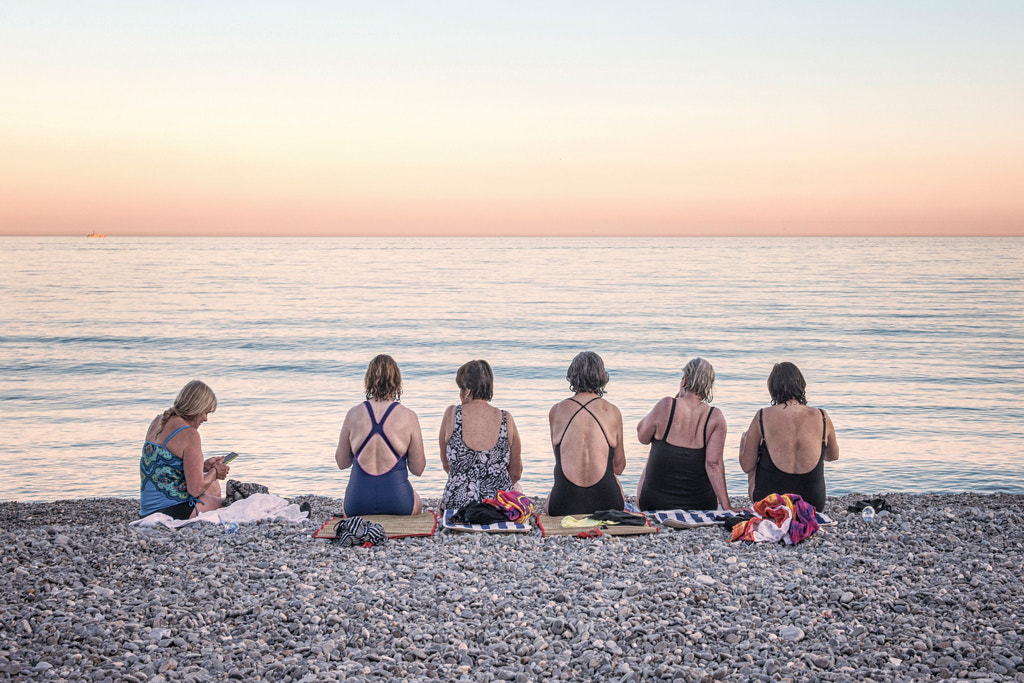
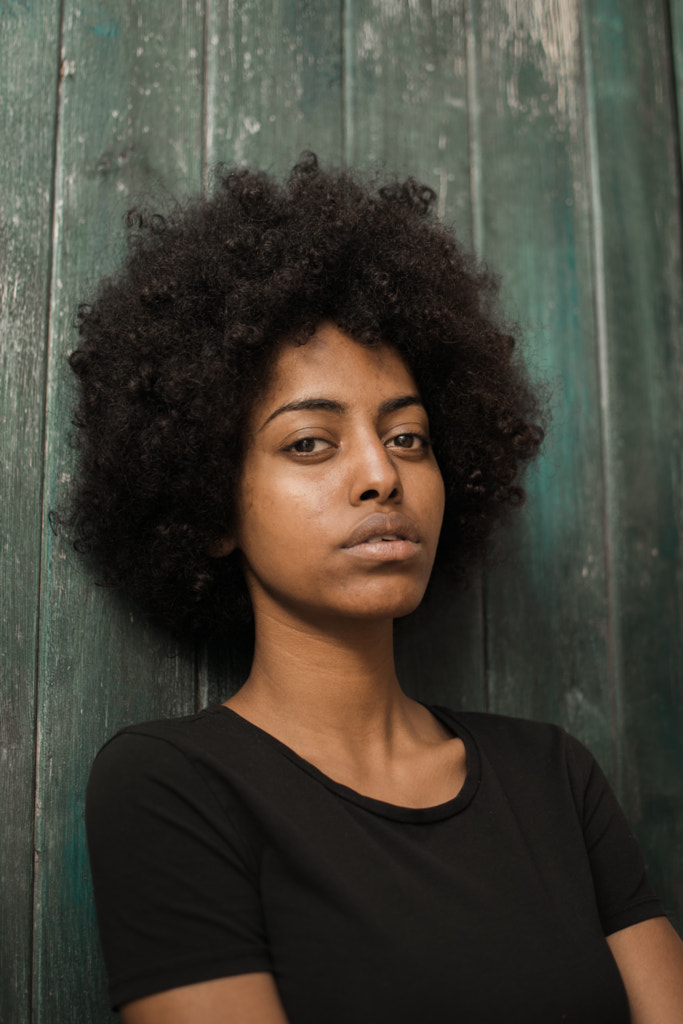
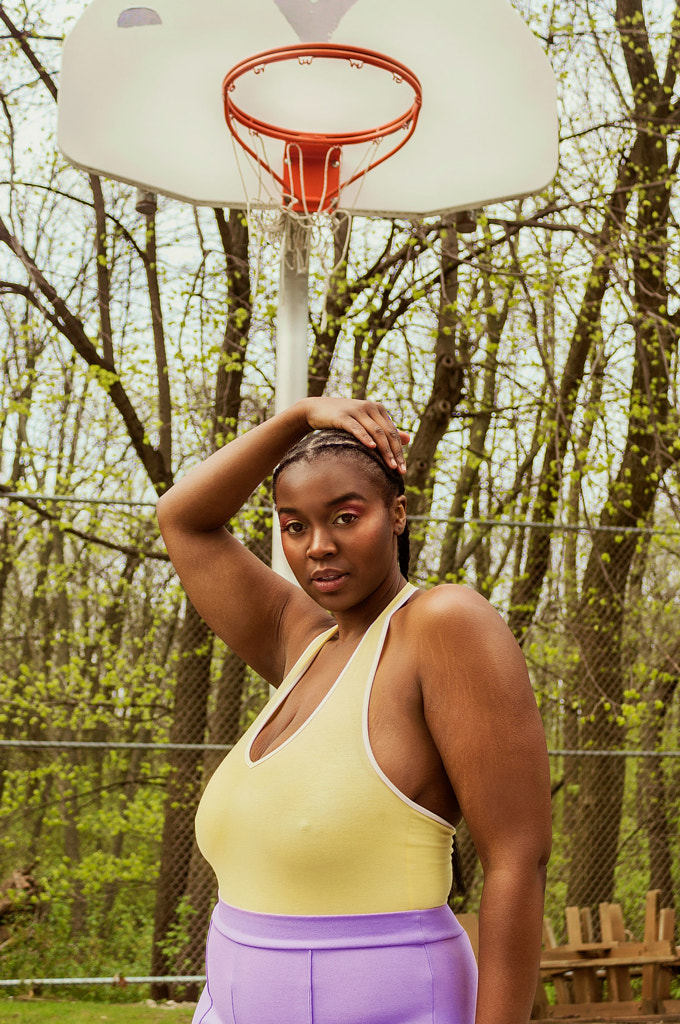
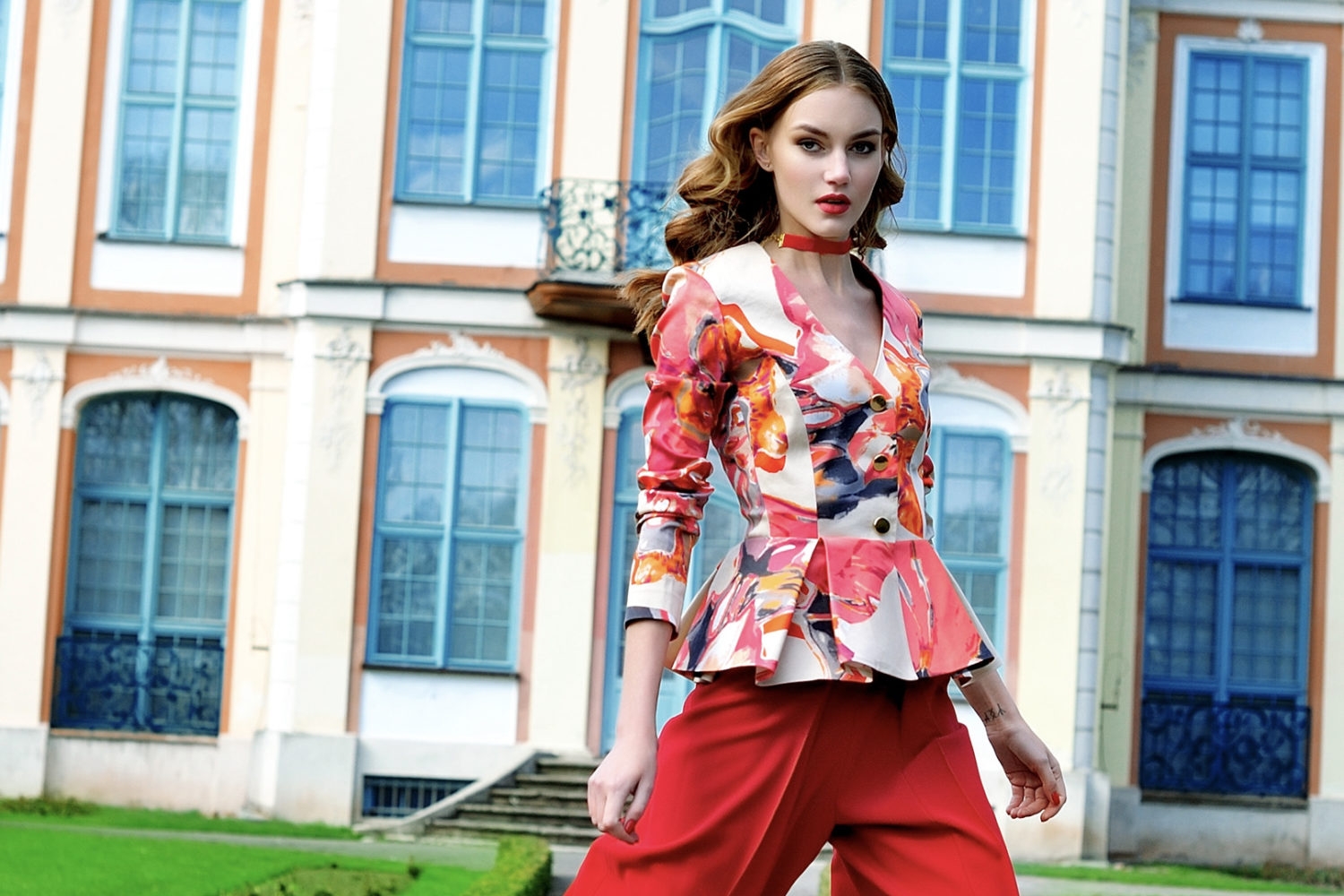


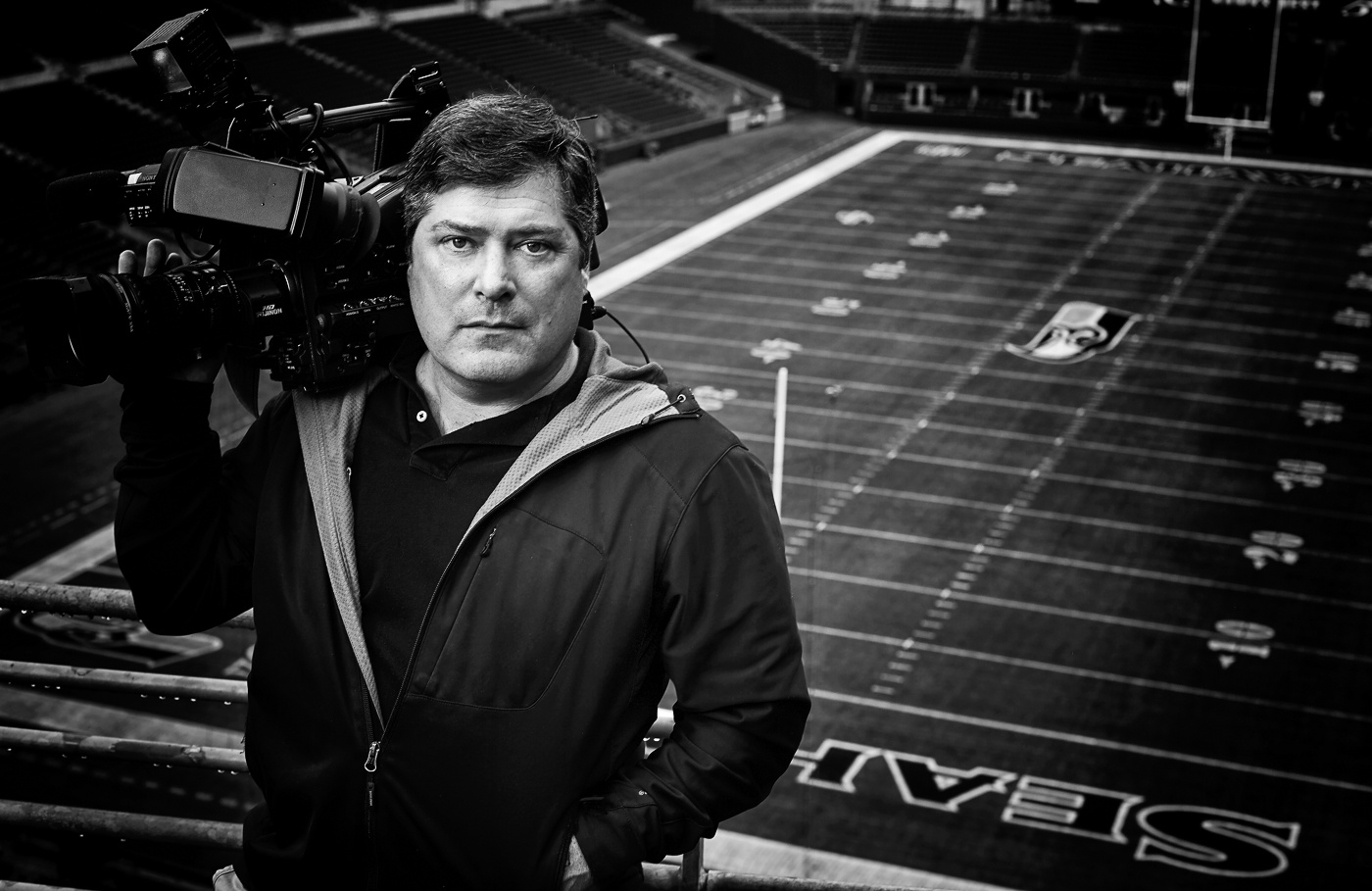

Leave a reply